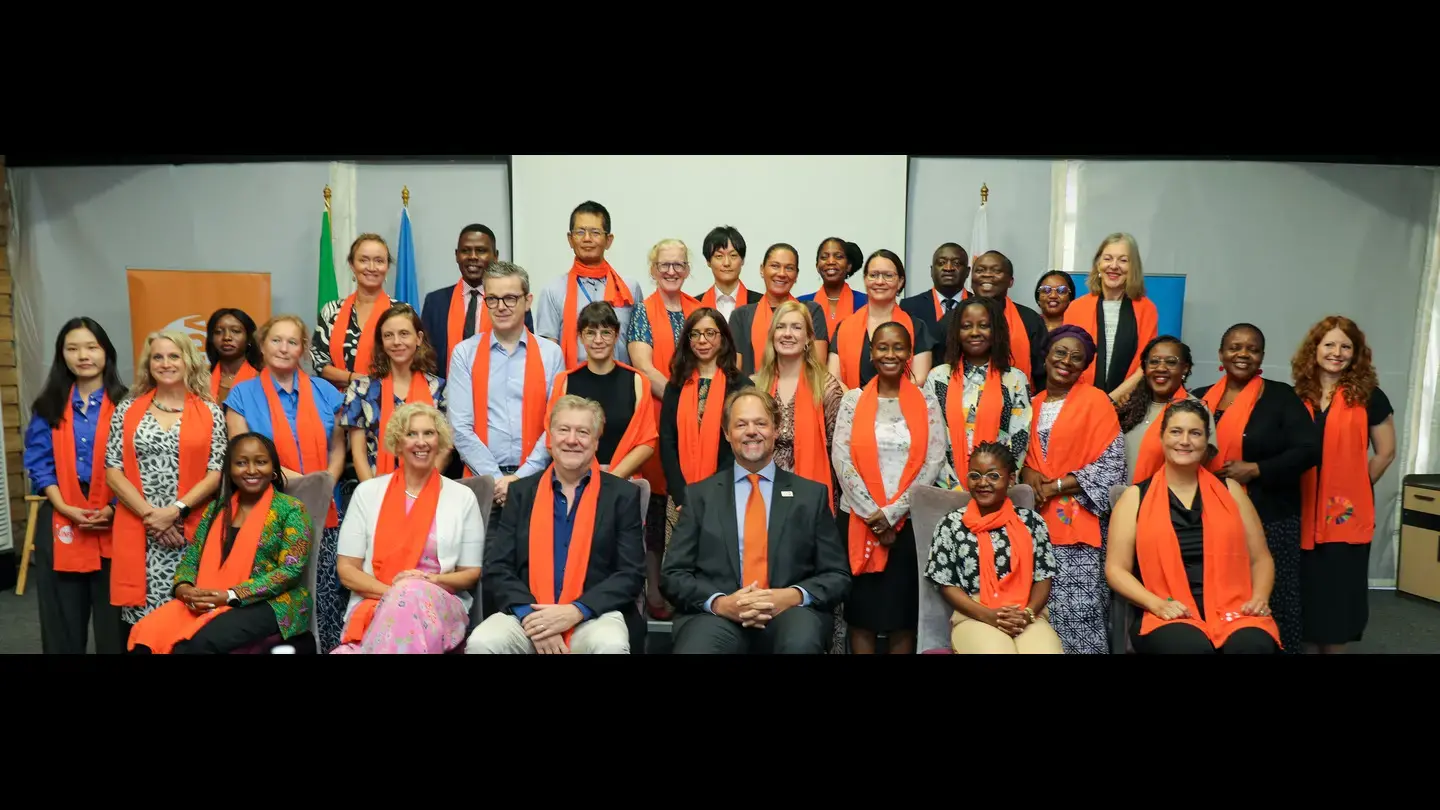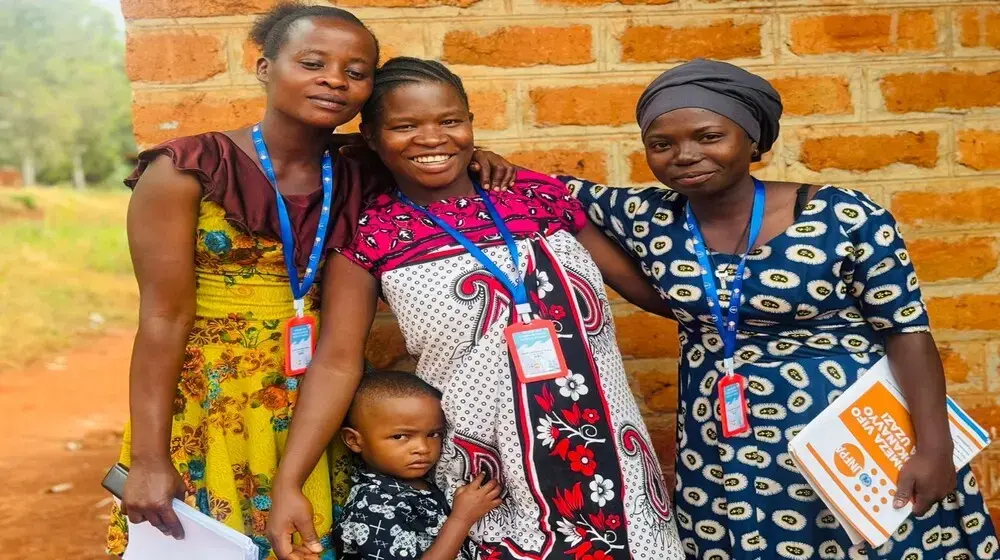UNFPA, in collaboration with the Government of the United Republic of Tanzania and other stakeholders, joined the international community to celebrate World Population Day on 11th July 2017 in Dar-es-Salaam with the global theme “Family Planning: Empowering People, Developing Nations.” Acting Permanent Secretary Dr. Otilia Gowele also attended on behalf of the Deputy Minister of Health, Community Development, Gender, Elderly and Children, Dr. Hamis Kighwangala.
The benefits that investing in family planning yield
Investing in reproductive healthcare, including family planning, can bolster economies and contribute to sustainable development in countries. When women and their partners have access to family planning services they can chose whether, when and how many children they want to have. In Tanzania, with its high rate of teenage pregnancy, it can enable young women to complete their education and go on to be productive members of the labour force. Investments in family planning yield economic and other gains that can propel development forward and are critical to the success of the 2030 Agenda for Sustainable Development and its accompanying 17 Sustainable Development Goals.
Family Planning 2020
This year’s World Population Day coincides with the London Family Planning Summit, the second meeting of the consortium of development partners and stakeholders that make up Family Planning 2020 (FP2020). FP2020 is a global partnership that supports the rights of women and girls to decide, freely, and for themselves, whether, when, and how many children they want to have.
Tanzania's commitment to FP2020
In a bid to reduce maternal and child deaths, the Government of Tanzania has committed to increase access to life-saving family planning services for an additional 4.3 million women and girls by 2020 from its current level of 3.8 million. By 2020, Tanzania will increase the availability of modern contraceptive methods at all levels of the health system. The government will specifically ensure the availability of at least three modern contraceptive methods at the primary level and at least five modern contraceptive methods at the secondary and tertiary levels.
The government is also committed to scaling up the number of health facilities that provide adolescent and youth-friendly reproductive health services from its current coverage of 30 per cent to 80 per cent. The government has increased its budget for family planning services from Tsh. 14 billion to Tsh. 17 billion. In 2016/2017 Tsh. 5 billion was allocated to the family planning budget. In 2017/2018 the government allocated 14 billion Tsh; an increase of 180 per cent.




